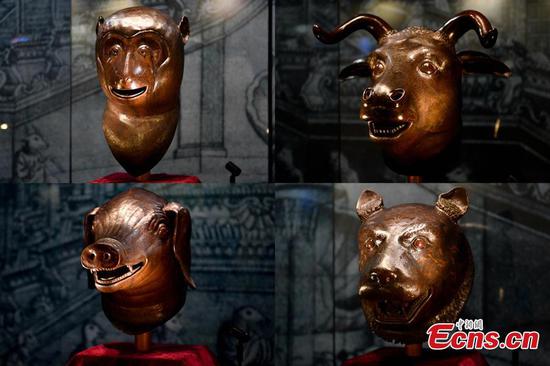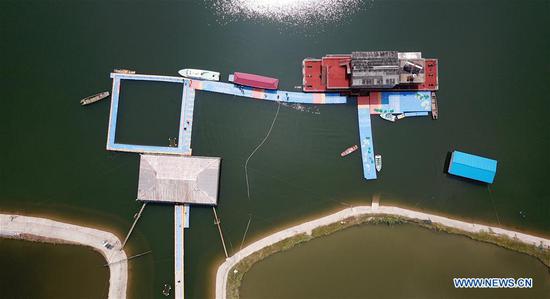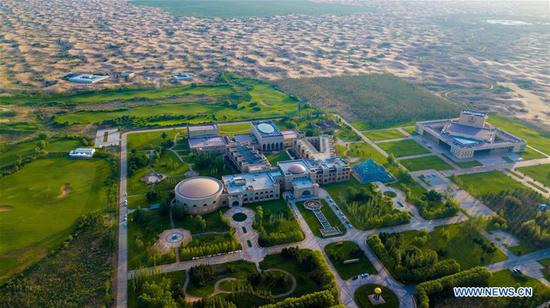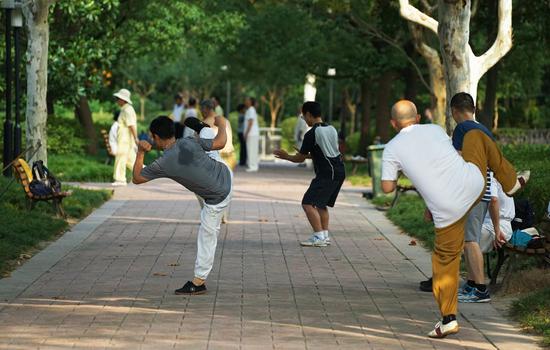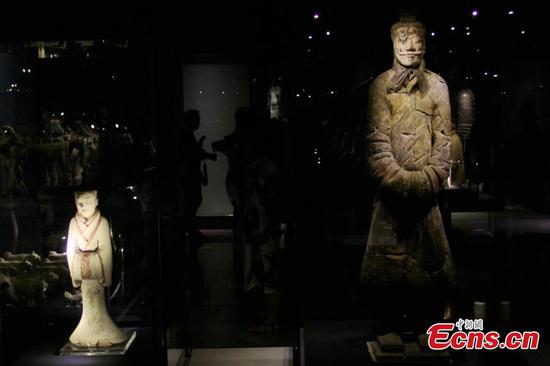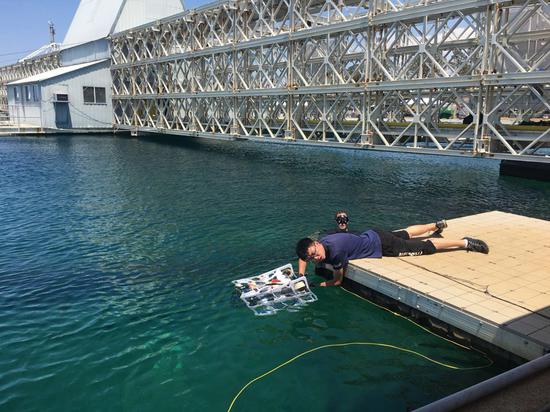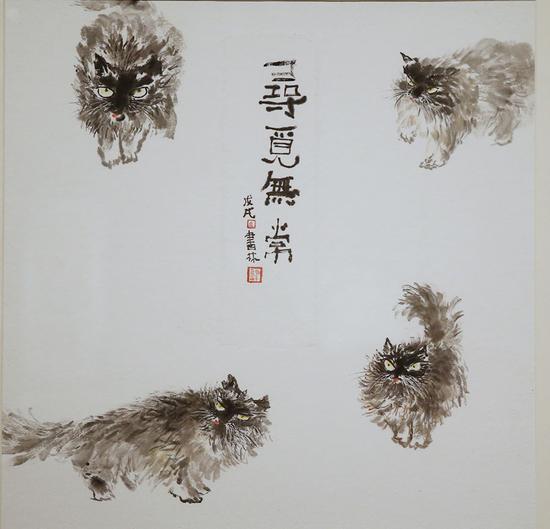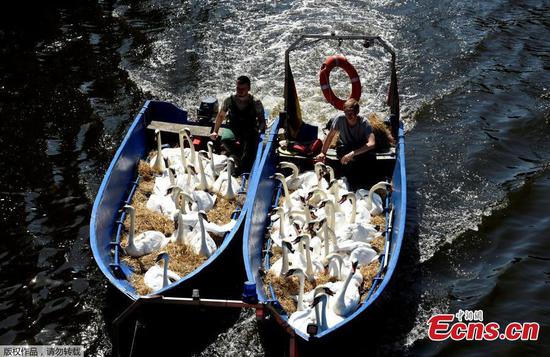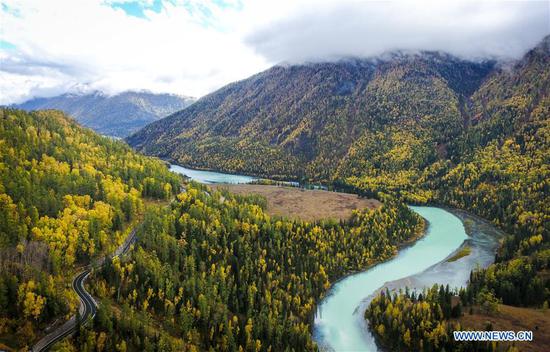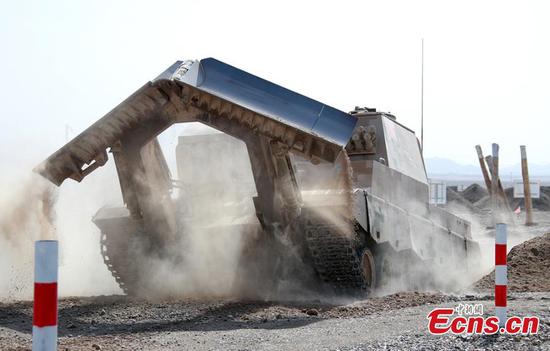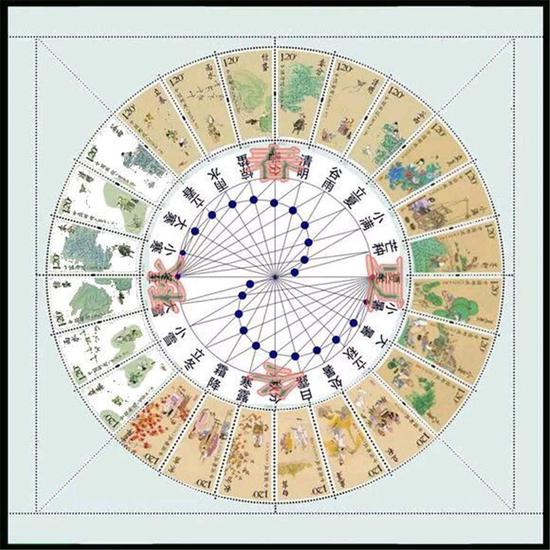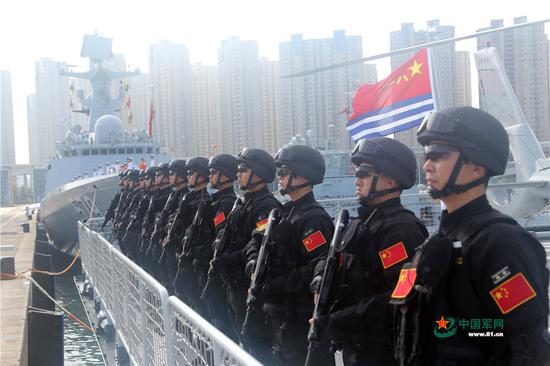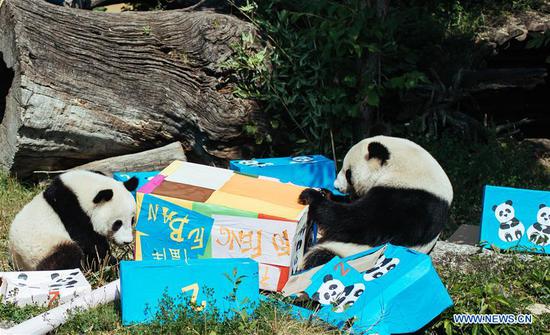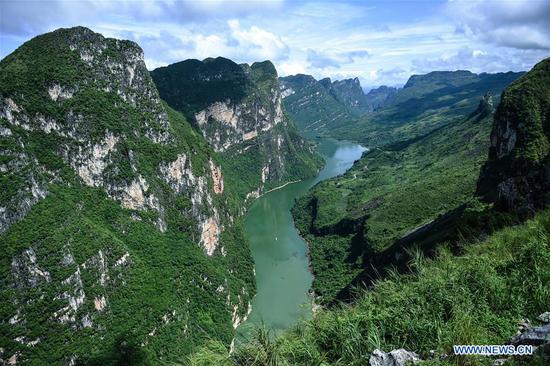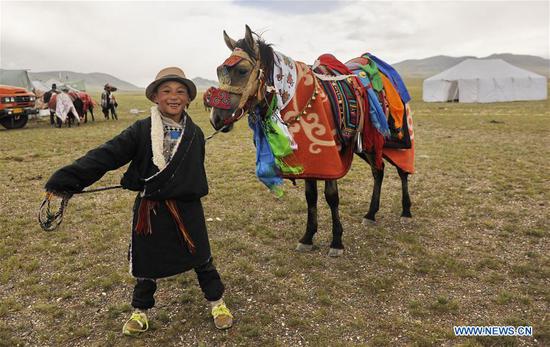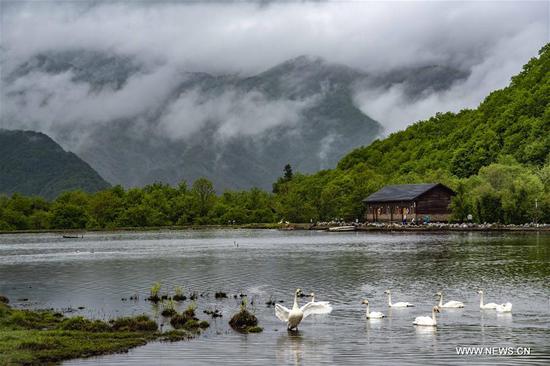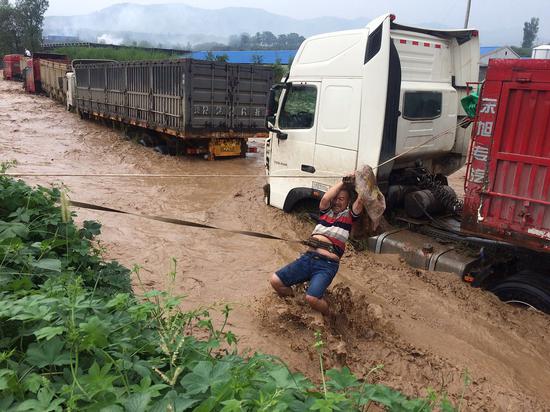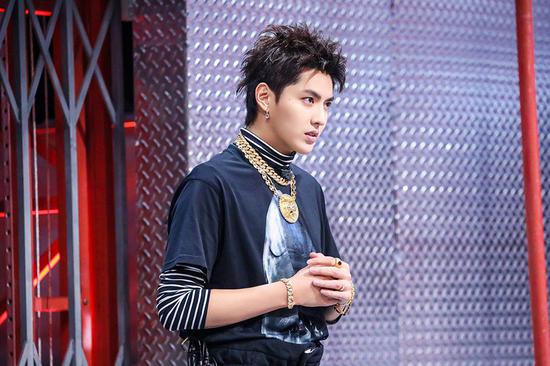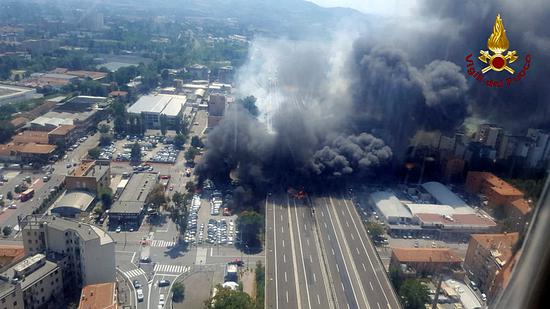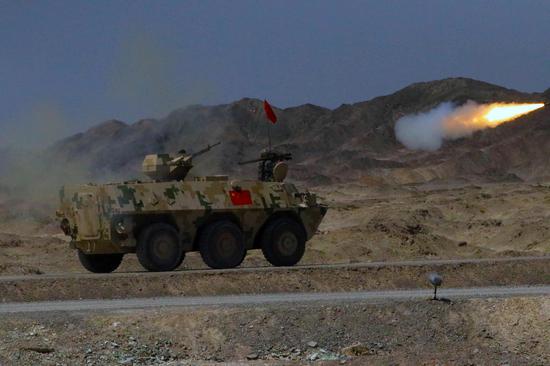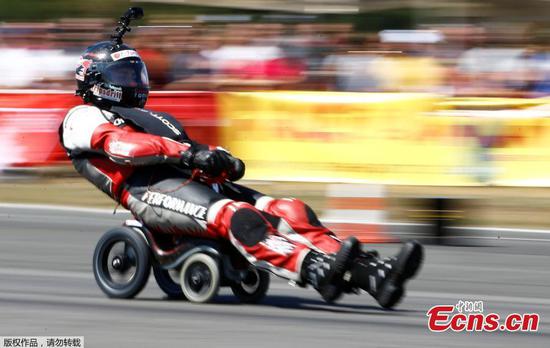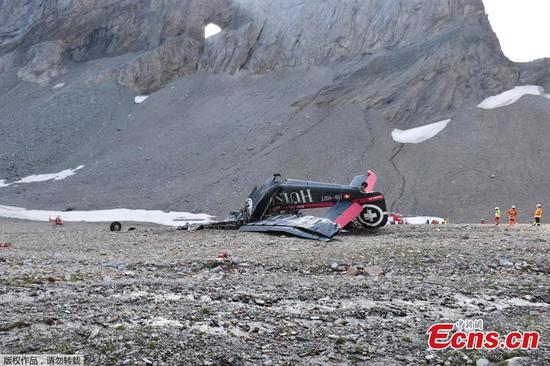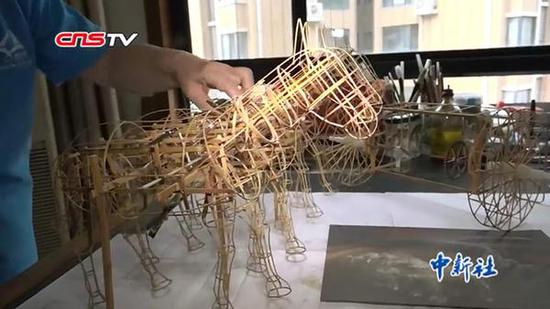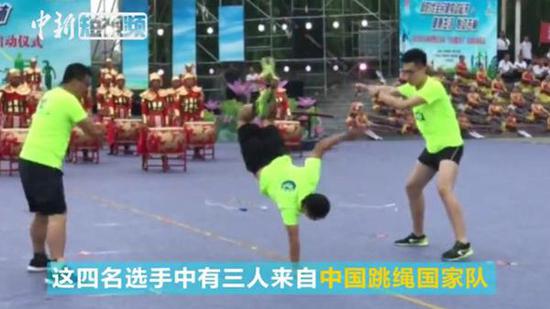As the diplomatic brawl over Russia's alleged poison attack of an ex-spy and his daughter remains unsolved, the U.S. State Department said on Wednesday that the country will impose new sanctions on Russia over the case.
The sanctions will target exports of U.S. national security equipment and products to Russia.
According to a statement issued by State Department spokesperson Heather Nauert, Washington on Monday determined that the Russian government had "used chemical or biological weapons in violation of international law or has used lethal chemical or biological weapons against its own nationals," referring to British citizen Sergei Skripal and his daughter Yulia Skripal.
Nauert also accused Moscow of using a "Novichok" nerve agent in an attempt to assassinate them.
The U.S. action was made under the Chemical and Biological Weapons Control and Warfare Elimination Act of 1991 (CBW Act), she said.
"Following a 15-day Congressional notification period, these sanctions will take effect upon publication of a notice in the Federal Register, expected on or around August 22, 2018," she added.
Former Russian double agent Sergei Skripal, aged 66, and his daughter Yulia were found unconscious on a bench outside a shopping center in Britain's southwestern city of Salisbury on March 4.
Britain claimed the pair was exposed to a nerve agent and holds Russia responsible, while the Russian government has denied any involvement in it.
The United States, together with other Western nations, later decided to expel 60 Russian diplomats and intelligence officials in the United States and the United Nations, and to close the nation's consulate in Seattle, which aimed to protest and counter Russia's accused involvement of the poisoning attack.
Russia announced the expulsion of diplomats of 23 countries in retaliation.
The mutual tension was further escalated as Dawn Sturgess, 44, who was said to be poisoned on June 30 in the British town of Amesbury, died in the hospital. Sturgess' partner Charlie Rowley, 45, also fell victim to the poisoning incident.
However, the Kremlin said later that it saw no reason to link Russia to the poisoning incident.









